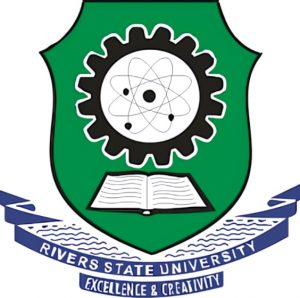The department encompasses specialized areas which include: Information Literacy, Knowledge Management, Indexing and Abstracting, ICT in Library and Information Science; Emerging Technologies and Library Resources and Services, Book Production, Publishing, Book Trade and E-resources, Library History and Management, Types of Libraries, Serials and Collection Management, Electronic Libraries, Management of Information Centres, Bibliographies and Library Services for the Rural Communities, Children and Adolescents. In this regard, Library and Information Science is a modern discipline which transverses all walks of life due to the unique importance of current information and knowledge to the smooth running of the society in this modern age. It is therefore strongly positioned to play a very essential role in emerging field of studies related to Library and Information Science such as Infopreneurship, digital and electronic librarianship, metadata, bibliometric, social media in librarianship and virtual referencing, etc.
Library and Information Science is multi-disciplinary and multi-facetted. Its role transverses all types of educational and related institutions, research institutes, governmental and non-governmental agencies and establishments for national as well as personal development, in rural and urban communities, corporate bodies, industries, national and global politics, businesses and conglomerates, etc. Current, timely information and knowledge make a world of difference between the developing and developed countries of the world today. The use of ICT and emerging technologies in accessing information is a further boost to this role.
In the light of the foregoing, it can be seen that the library and information science department will make very useful contributions to development at local, national and international levels.

